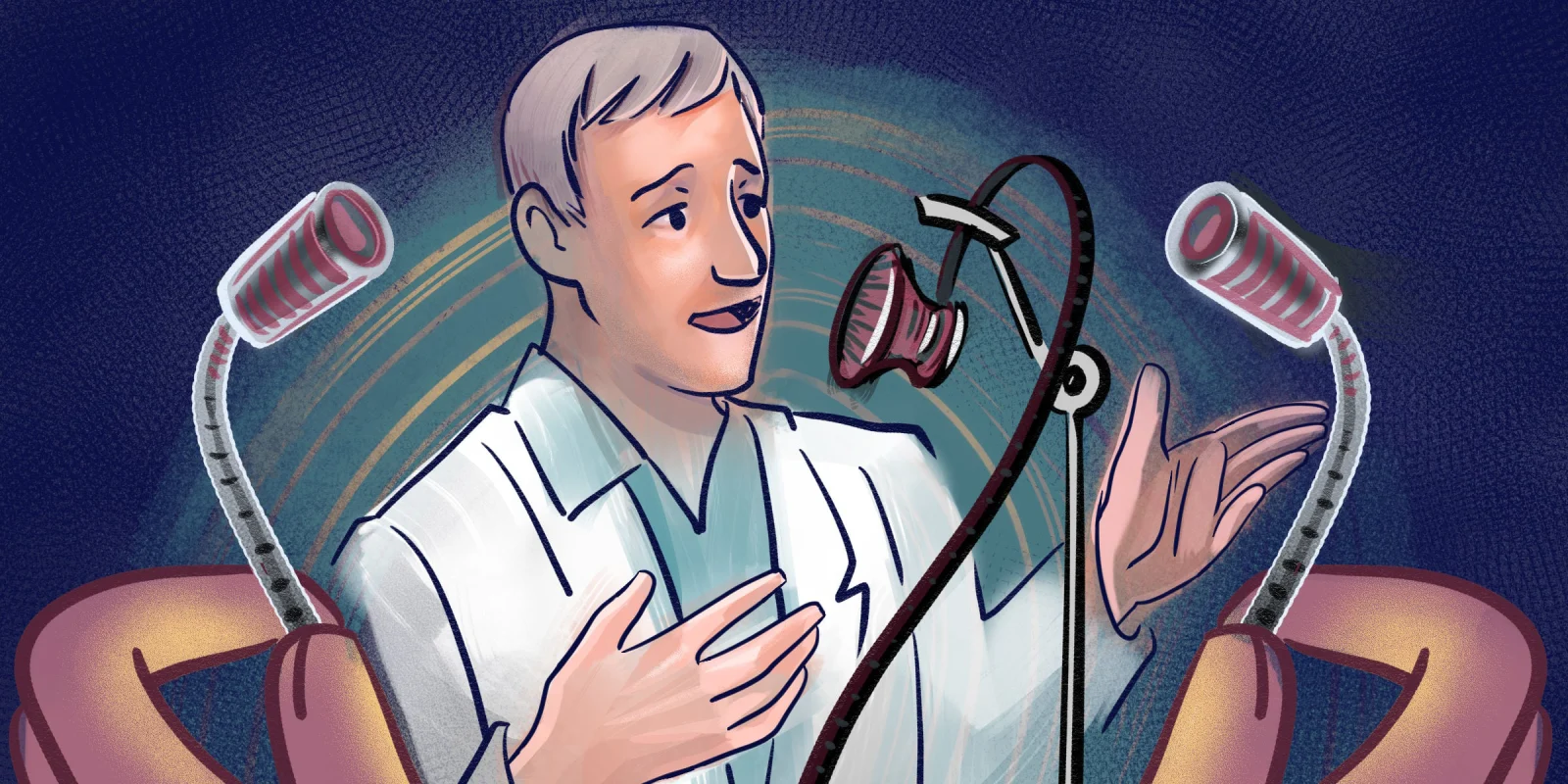If we understand a revolution as a sudden, radical, or complete change, after which nothing can be as before, we must accept that our specialty is full of such moments.
Starting with the first ductus arteriosus ligation, followed by the first blue-baby operation, or the introduction of the cardiopulmonary bypass machine and the institution of the saphenous vein coronary bypass. These were all critical moments that changed forever the history of humankind.
We can easily conclude that revolutionary moments are not a rarity in our field. One could claim that the entire CT surgery specialty is the result of a series of revolutions, and it would be unusual to attend a specialty meeting today and not be surprised by at least one or two new revolutionary findings.
But what about more gradual changes? Changes that are just under the surface, waiting to bloom. Changes that are not abrupt but take a long time to materialize are as — if not more — important than the revolutionary ones. Changes like that reflect an evolution.
We witnessed two evolutionary changes this last week while attending the 103rd American Association of Thoracic Surgery meeting. The first one, the President of the AATS — for the first time in history — is a woman. While some may want to describe it as revolutionary, this seems to be an evolutionary change. It took just over 100 years to get this far. This is a welcome change for a fairer future where people can achieve great things based on their qualifications, not their physical characteristics.
The second satisfying experience is that, for the first time, we had an entire session dedicated to the influence of socioeconomic determinants on health outcomes. Your address, environment, culture, and poverty level play much more significant roles than the number of silly stars your hospital has. A concept that is just beginning to gleam in our field after decades of shining in public health circles.
Perhaps in the not-too-distant future, dedicated researchers, with the help of AI, using Medicare and other large databases, will be able to search for data at higher levels of granularity. That granularity will translate into accuracy, providing us with guidance to achieve the outcomes our patients deserve rather than being misguided by the number of stars in the US News and World Report.
Revolutions are abrupt and radical. They are amazing events with a before and an after. But revolutions can be reversed. On the other hand, evolution is forever.
Dr. Cardarelli has no conflicts of interest to report.
Illustration by April Brust







